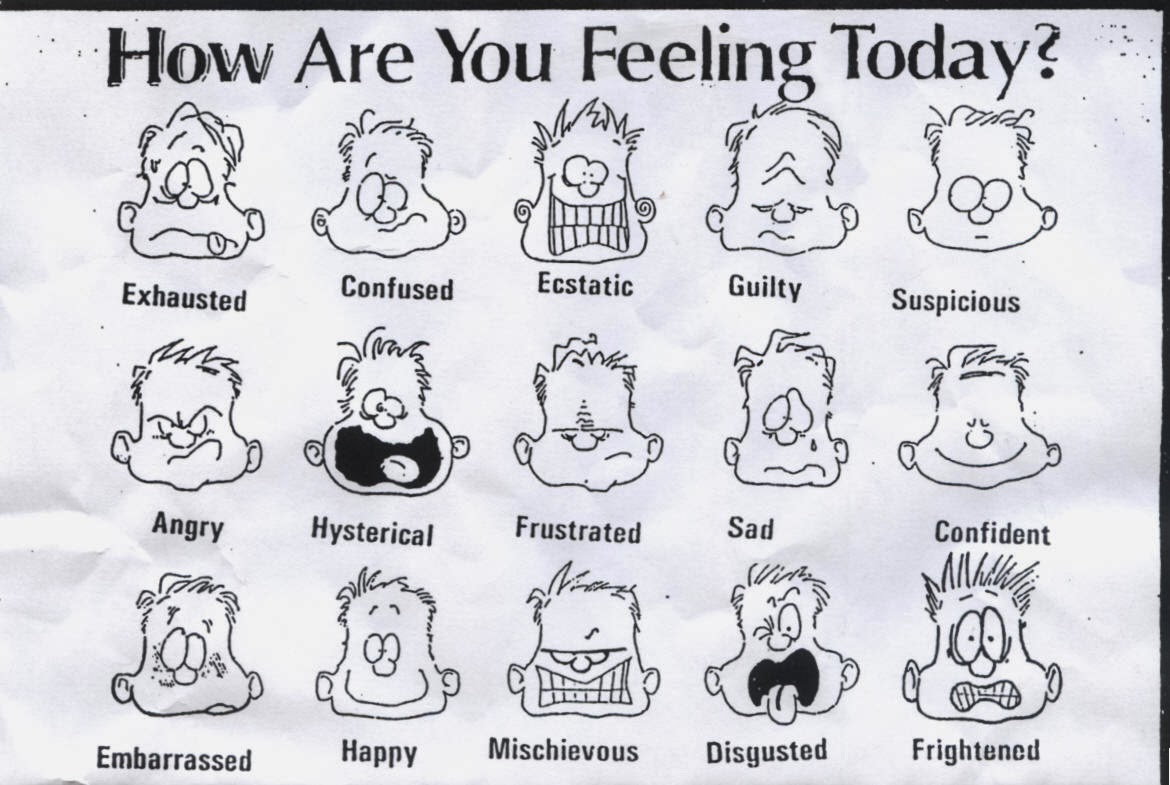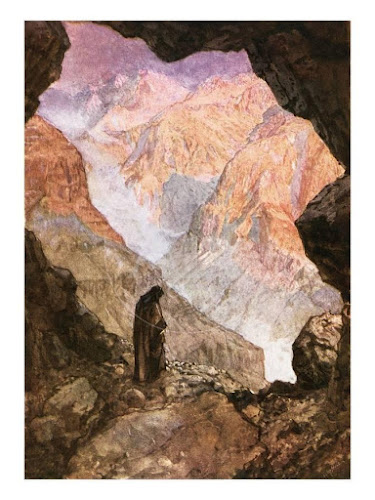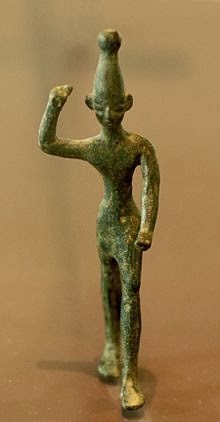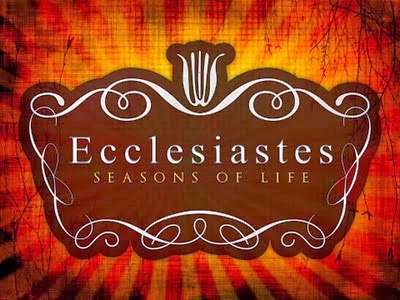It Came to Pass...

Below is a languid but lovely rumination on the phrase "it came to pass" from 2 Chronicles. Worth pondering at length... It came to pass after this also, that the children of Moab, and the children of Ammon, and with them other beside the Ammonites, came against Jehoshaphat to battle. - 2 Chronicles 20:1 “It came to pass.” The phrase occurs again and again in the Old Testament. “It came to pass after four hundred and thirty years that all the hosts of the Lord went out from the land of Egypt,” and, “It came to pass, when the evil spirit from God was upon Saul, that David took the harp and played with his hand,” and so on. But has it ever occurred to you that the phrase is a very suitable one as describing the different events of earthly history and the varied phases of earthly experience? It hints not only that they happen, but that they are so soon over; they come, but they “come to pass.” We do not always realise that, but it is always true. We are not conscious that






